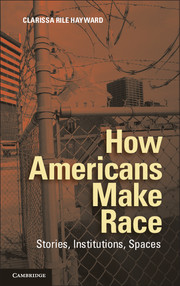Appendix - Interview Respondents and Interview Schedule
Published online by Cambridge University Press: 05 June 2014
Summary
I began the research that informs this book by conducting interviews with a total of thirty residents of what I think of as three distinct local communities: East Side Columbus and the “old” (i.e., prior to the Wexner development) and “new” (post-Wexner) New Albanies. I conducted these interviews between April and November 2003, a period when New Albany’s relatively quick redevelopment was also relatively recent. This timing enabled me to interview people who had lived in rural New Albany before its transformation and also residents who had settled in the new suburb over the course of the 1990s and early 2000s. I chose Columbus’s East Side as an additional research site because I wanted to focus on a single metropolitan area (the city of Columbus and New Albany are both part of metropolitan Columbus) while interviewing residents of a ghettoized section of an older American city.
With two exceptions (marked with asterisks in the table below), I recruited respondents by distributing flyers through community organizations: a locally important church that provided educational training and other social services in the East Side (I distributed flyers through the church’s programs, including the GED program in which Calvin Moore was enrolled); the local historical society in “old” New Albany; and a particularly active local voluntary association in “new” New Albany.
- Type
- Chapter
- Information
- How Americans Make RaceStories, Institutions, Spaces, pp. 203 - 208Publisher: Cambridge University PressPrint publication year: 2013
- 1
- Cited by



